Scientists theorize that cosmic strings interacting with dense matter in the early universe provided the seeds for galaxies and black holes.


Scientists theorize that cosmic strings interacting with dense matter in the early universe provided the seeds for galaxies and black holes.
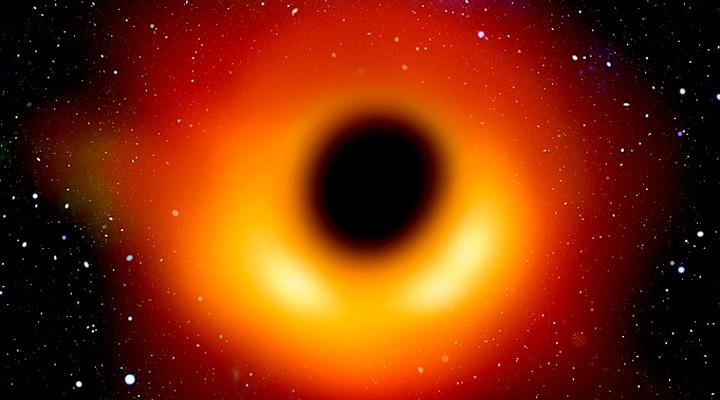
Finding the Universe’s first black holes with the help of Hawking radiation.
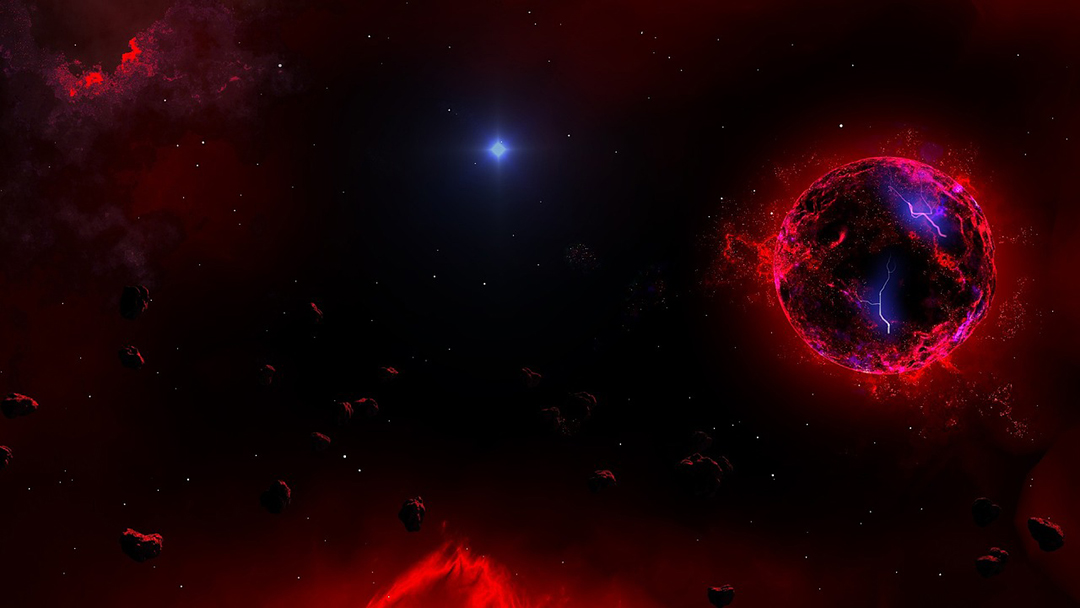
Could neutron stars hold the key to observing dark matter? Researchers believe studying them might one day reveal this elusive substance.
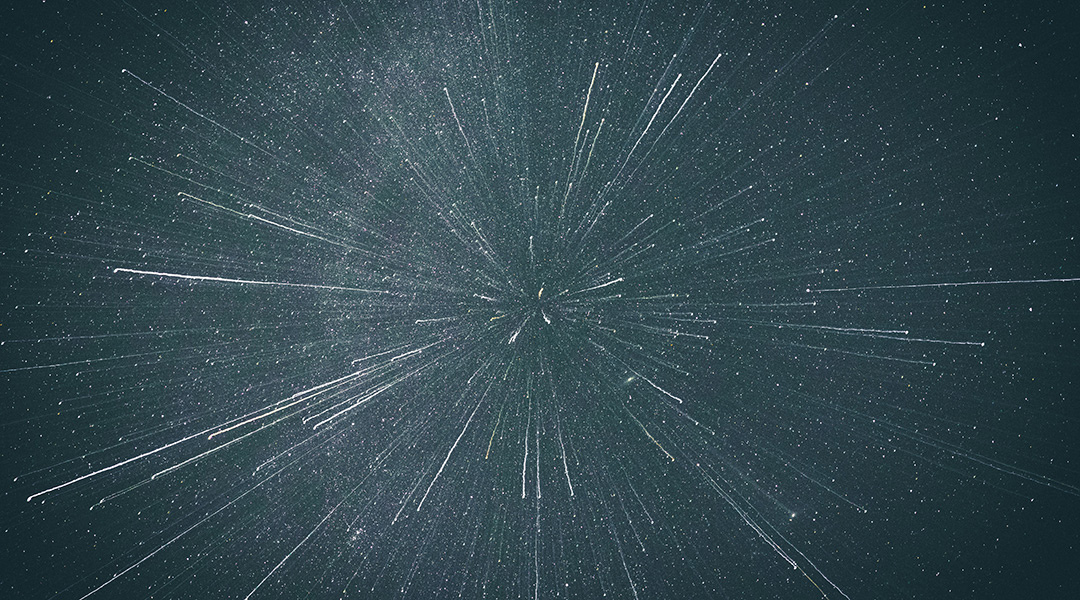
By adding primordial magnetic fields to the Standard Model, researchers may solve the mystery of the Universe’s expansion.
Scientists propose a modified cosmological model that challenges the existence of dark matter and dark energy.

Scientists probe cosmic microwave background and black hole radiation to test our understanding of electromagnetism.

It’s looking less and less likely that the Hubble tension is a result of observational errors.
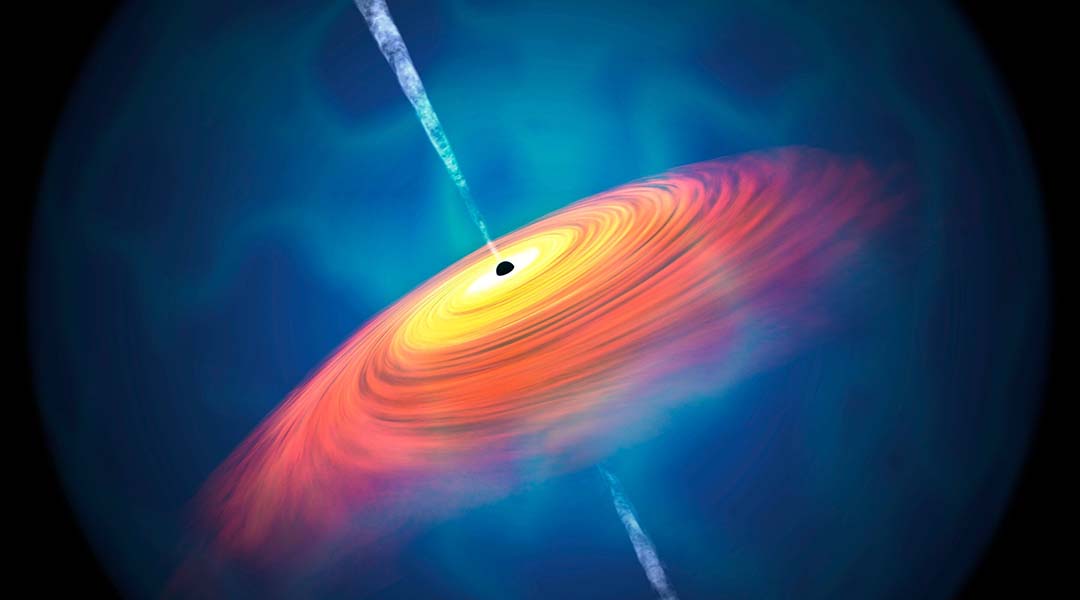
Scientists have only observed supermassive black holes one billion years after the Big Bang, but astrophysicists have now breached this barrier.
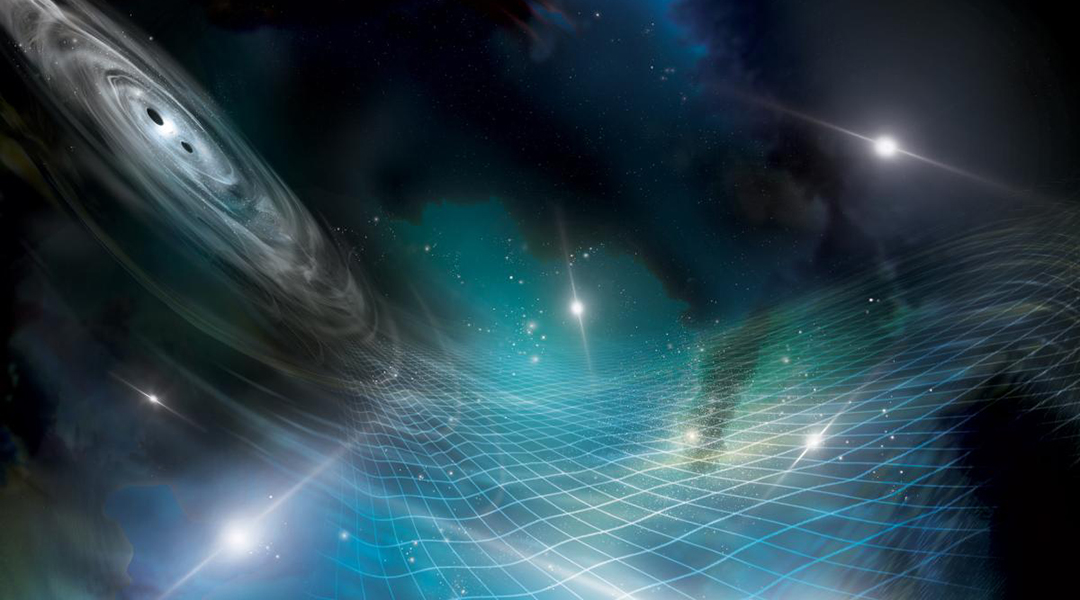
The universe is ringing with gravity, but humanity is only just beginning to hear the nuance of this cosmic symphony.
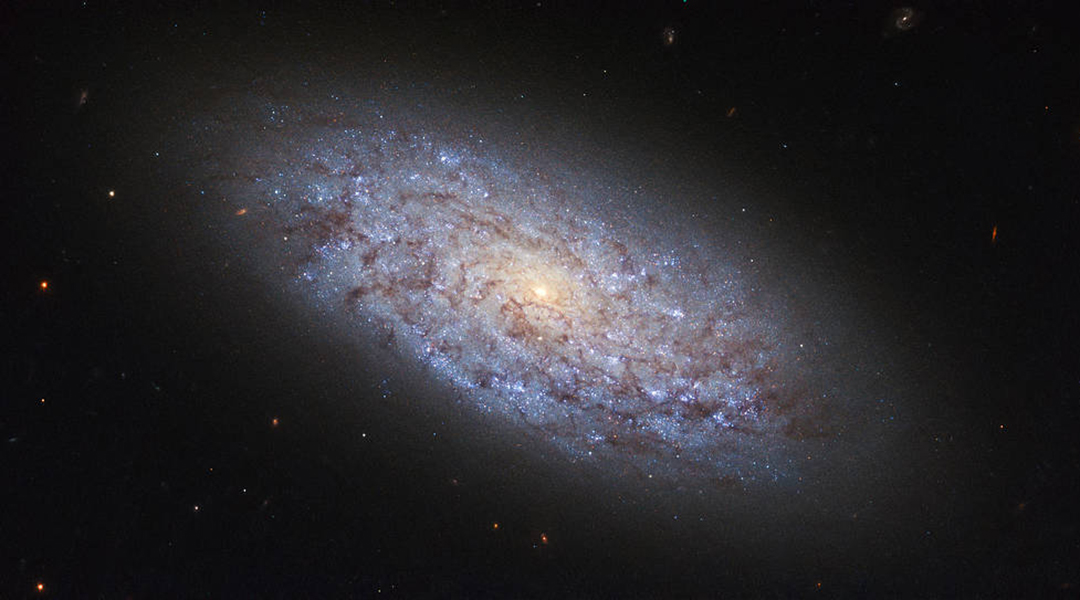
Using the galactic glow of dwarf galaxies, researchers investigate a hypothetical particle called an axion as a possible contender for dark matter.